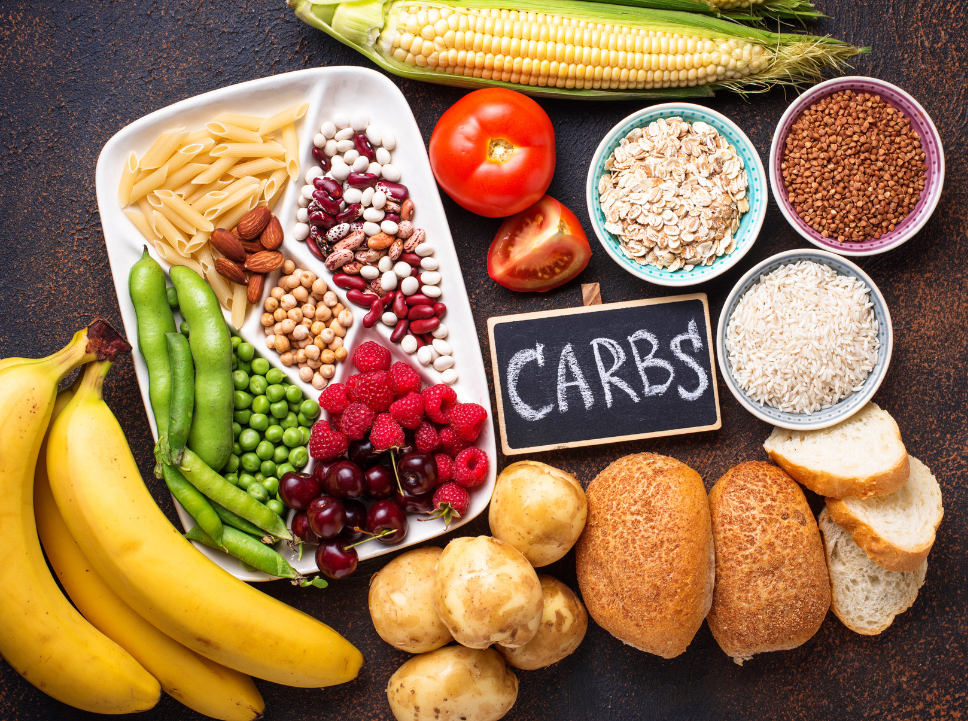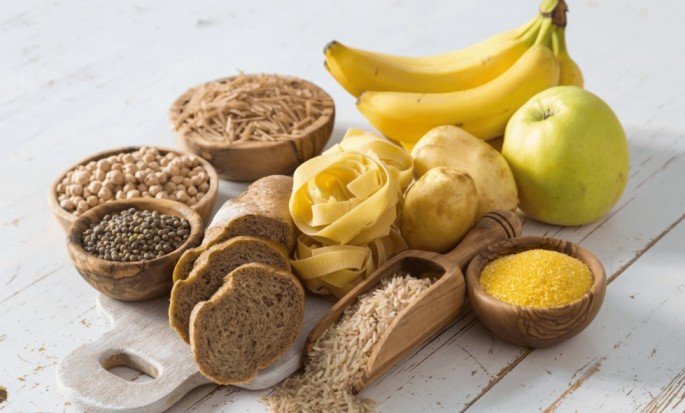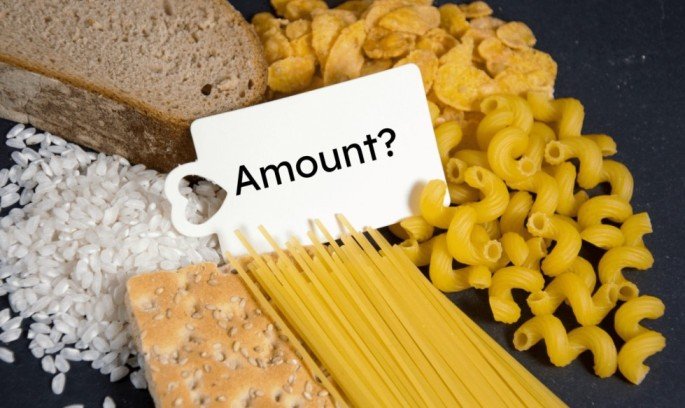ROLE OF CARBOHYDRATES IN OBESITY

Everything required for optimum functioning cannot be produced by the human body on its own. Because food provides us with the best nutrients, eating is necessary. When it comes to vital bodily processes like growth, healing, and maintenance, our bodies require certain molecules called nutrients.
It is necessary for us to get and sustain maximum health that we ingest many important nutrients through our diet. You can further categorize these nutrients into macronutrients and micronutrients.
Macronutrients: What are they?
Macro is the word for huge, and that’s where their name comes from. When it comes to providing the body with the energy (calories) it needs, macronutrients are those that are needed in big quantities. Four key macronutrients are essential for good health:
- Carbohydrates
- Protein
- Fat
- Water
In the form of calories, macronutrients also provide energy. Though your body can also utilize other macronutrients, if necessary, carbohydrates are the primary source of energy.
Which macronutrient has the most calories?
- Carbs: 4 calories per gram
- Protein: 4 calories per gram
- Fat: 9 calories per gram
What are Carbohydrates?

Among the three primary sources of energy for our body one of them is carbohydrates. Because they are composed of carbon, hydrogen, and oxygen at the chemical level, they are referred to as carbohydrates.
So, during school or during college we all have learned about the types of carbohydrates. Basically, Carbohydrate is majorly divided into 2 main types
Simple and Complex carbohydrates
Simple Carbohydrate: Simple sugar is made up of 2-3 sugar units. Sometimes they are also known as Sugar or Simple Sugar. There are 2 main types: Monosaccharide and Disaccharide. As the name suggests Monosaccharide means 1 unit of sugar.
There are 3 monosaccharide i.e.
- Glucose
- Fructose
- Galactose
Another type of simple carbohydrate is Disaccharide which has 2 units of sugar. There are 3 disaccharide which are maltose, sucrose and lactose, which are made up of a combination of 2 monosaccharides.
- Maltose (glucose + glucose)
- Sucrose (glucose + fructose)
- Lactose (glucose + galactose)
Complex carbohydrates: They are made up of many sugar units. They are also called polysaccharides. There are 3 main types of polysaccharides.
- Starch
- Glycogen
- Fiber
How much and which carbohydrate to consume?

The Dietary Guidelines recommend that carbohydrates should constitute 45 to 65% of total calories, with added sugars limited to 10% of total calories. A low-carb diet can lead to constipation, gout, and, in extreme cases, renal failure and kidney stones due to excessive protein and fat intake. Conversely, excessive carbohydrate consumption can lead to malnutrition as the body consumes less fat and protein.
Foods high in simple carbohydrates, often dubbed “bad” carbs, include sugary beverages, cakes, cookies, and white bread. These items cause rapid spikes in blood glucose levels, leading to the infamous “blood sugar roller coaster.” The subsequent sugar crash, triggered by an immediate insulin response, converts excess blood glucose into stored fat, causing fatigue and mood swings. Moreover, simple carbs delay satiety, increasing the risk of overeating and weight gain.
Mechanism Of Action behind Carbohydrate
All carbs in food eventually convert to glucose once ingested, which is then carried by the bloodstream to the cells where it is used to produce energy.
Glucose is stored in the body as glycogen in the skeletal muscles and liver when it is not needed right away.
When you exercise, your glycogen stores give you energy, and they are refilled after a carb-rich meal. Glycogen stores may get saturated in individuals who consume excessive amounts of carbs. When this occurs, the body stores extra energy as fat for long-term use, which results in weight gain. This energy is derived from carbs. On the other hand, the body will use protein as fuel if you don’t ingest enough carbohydrates or store enough of them, which will cause you to lose muscle, which is not good.
So, when we say or always blame that fat is responsible for weight gain, we also need to keep in mind that carbohydrate rich food which means more sugar or refined foods which has absolutely no fibre can also lead to weight gain and it’s more dangerous and harmful than fat itself. Eventually weight gain can lead to being overweight and then it leads to obesity which is the main culprit for all the underlying conditions like heart diseases- hypertension, Diabetes, Sleep Apnea, etc.
Conclusion
Carbohydrates are essential for energy, but their quality matters. Complex carbs like starch and fiber are healthy, while simple carbs like added sugars can lead to issues like blood sugar spikes and weight gain. Moderation and choosing whole, nutrient-rich sources are key for overall health and preventing obesity-related problems. Understanding carb types helps make better dietary decisions for well-being.
For more diet related queries & tailored nutrition plans click explore!
